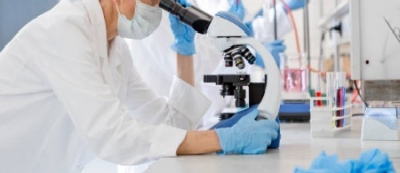The team from the Wellcome Sanger Institute discovered that mammals – from tigers to humans — despite their very different diets and life histories, have roughly the same number of mutations by the time they die of old age.
On average, a giraffe is 40,000 times bigger than a mouse, and a human lives 30 times longer, but the difference in the number of somatic mutations per cell at the end of lifespan between the three species only varied by around a factor of three.
In the study, published in journal Nature, they confirmed that the longer the lifespan of a species, the slower the rate at which mutations occur, lending support to the long-standing theory that somatic mutations play a role in ageing.
Genetic changes, known as somatic mutations, occur in all cells throughout the life of an organism. This is a natural process, with cells acquiring around 20 to 50 mutations per year in humans.
Most of these mutations will be harmless, but some of them can start a cell on the path to cancer or impair the normal functioning of the cell.
“To find a similar pattern of genetic changes in animals as different from one another as a mouse and a tiger was surprising. But the most exciting aspect of the study has to be finding that lifespan is inversely proportional to the somatic mutation rate,” Dr Alex Cagan, a first author of the study from the Wellcome Sanger Institute.
“This suggests that somatic mutations may play a role in ageing, although alternative explanations may be possible. Over the next few years, it will be fascinating to extend these studies into even more diverse species, such as insects or plants,” he added.
Using new methods the team measured somatic mutation in 16 mammalian species – including human, mouse, lion, giraffe, tiger, and the long-lived, highly cancer-resistant naked mole-rat.
Whole-genome sequences were generated from 208 intestinal crypts taken from 48 individuals, to measure mutation rates in single intestinal stem cells.
Evidence of a possible role of somatic mutations in ageing was provided by the researchers’ discovery that the rate of somatic mutation decreased as the lifespan of each species increased.
However, the team found no significant association between somatic mutation rate and body mass, indicating that other factors must be involved in larger animals’ ability to reduce their cancer risk relative to their size. (IANS)














